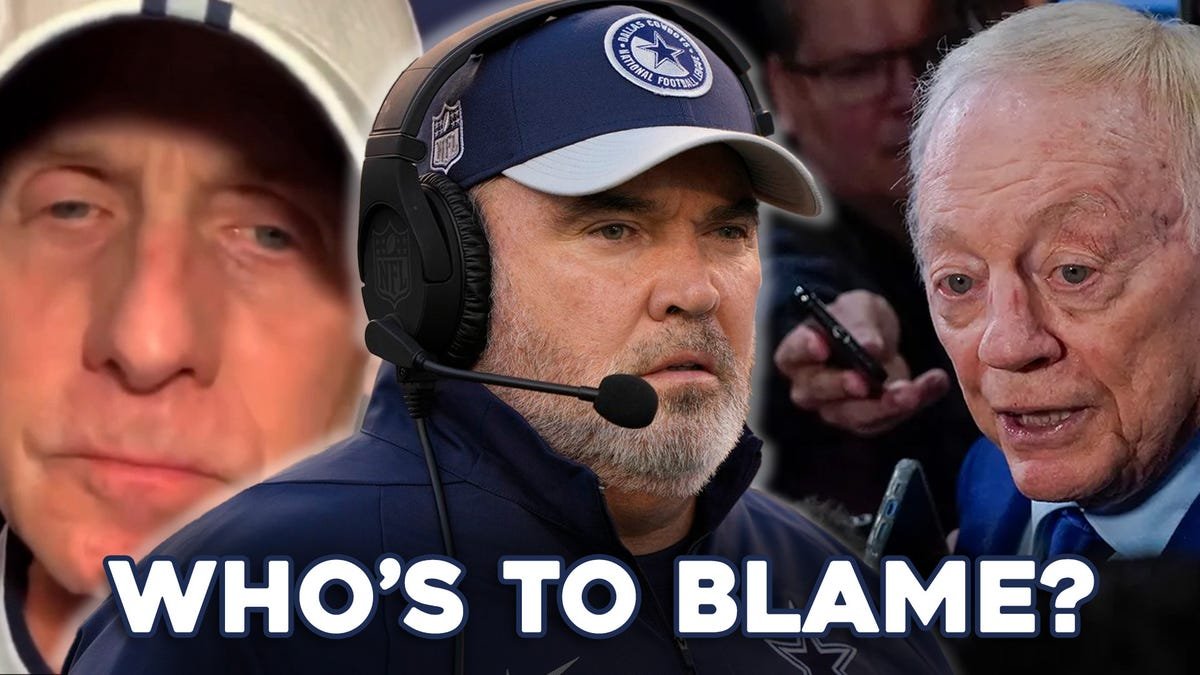The College Football Playoff (CFP) committee exists for a reason. After the controversy and dissatisfaction caused by the Bowl Championship Series (BCS), fans were left wanting a system that was more fair and transparent. Thus, the CFP committee was created to determine the top four teams in college football and give them an opportunity to compete for the national championship.
However, there has always been a tendency among fans to blame computers when they fail to see what seems obvious to humans. This is why the CFP committee is made up of people who can use their judgment and take into account various factors when selecting the teams.
This year, the top four teams seem to be clear-cut if they win their respective conference championships. Georgia, Michigan, Washington, and Florida State would all be undefeated Power Five conference champions, and their resumes would merit a spot in the playoff.
But here’s where the human element comes into play. While Florida State may be undefeated and the betting favorite in their conference championship game, there are several schools with better chances than their backup-turned-starting quarterback, Tate Rodemaker. A one-loss Washington, Georgia, Alabama, Texas, or even Ohio State would present a better case for inclusion in the playoff.
The ACC has been relatively weak this year, and Florida State’s best win was against an LSU team that struggled defensively. Additionally, their star quarterback, Jordan Travis, is unavailable for the conference championship. These factors raise questions about the strength of Florida State’s candidacy.
It’s important to acknowledge the balance of the team, including the contributions of Mike Norvell, Keon Coleman, Johnny Wilson, the running game, and their top 15 defense. However, it’s also important to consider the impact of Rodemaker and whether he can lead the team to success.
Ultimately, the human element is what will determine Florida State’s fate. The committee members would not want to invite online scorn and harassment by leaving them out. The teams on the outside looking in are aware that their fate is in someone else’s hands, and the committee members will want to keep their hands clean.
While some may argue that this discussion is stirring up unnecessary drama, it is important to consider that playoff expansion is on the horizon. In the future, the committee will have to deal with even more complex arguments and decisions. The inane logic that we see now will likely be magnified as the playoff format evolves.
In conclusion, the existence of the CFP committee is a response to the dissatisfaction caused by the BCS system. While humans may not always see things the same way as computers, the committee provides a fair and transparent process for selecting the top four teams in college football. The human element, however, can lead to debates and controversies, which will only intensify as the playoff expands in the future.





